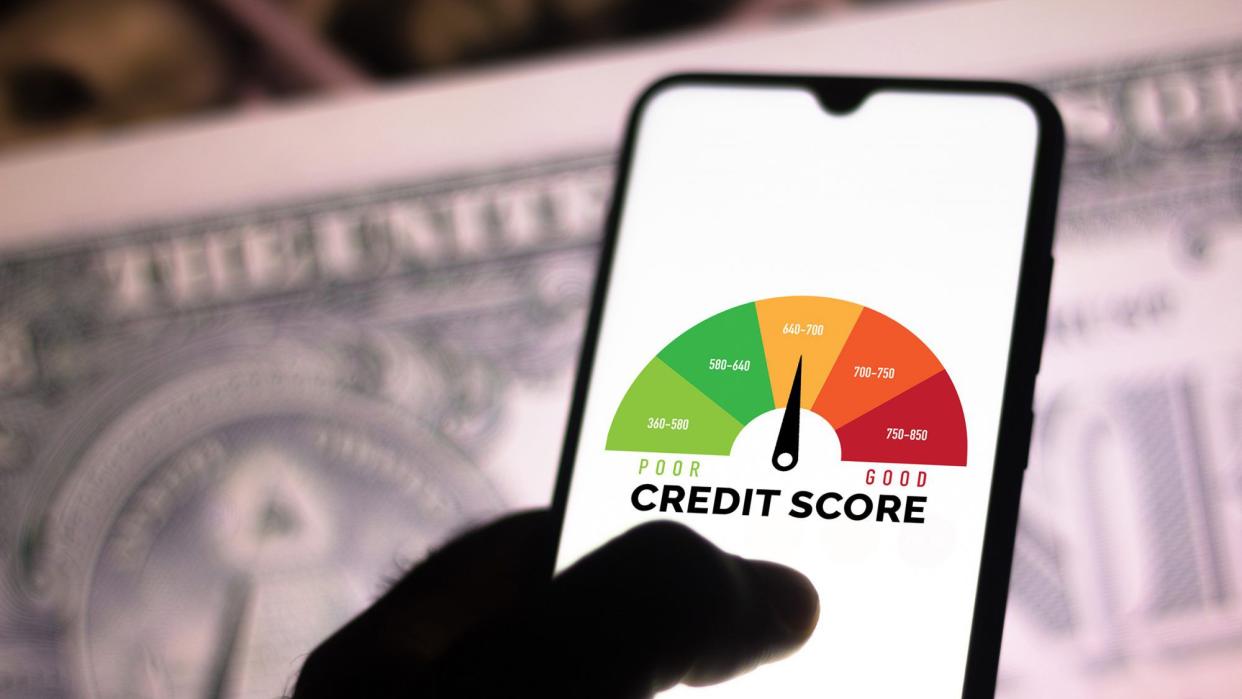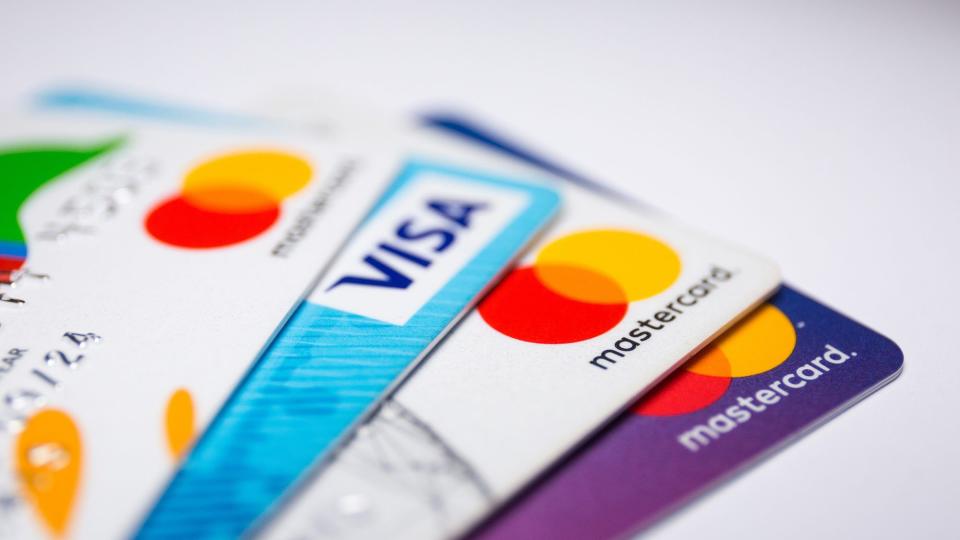Bad Credit? Here Are Some Easy Steps to Boost Your Score

Getty
PEOPLE's Real Tips for Real Life presents practical answers to some of the most commonly asked questions around finance, employment and preparing for the future — even when that future can seem very uncertain.
Having good credit can open up an array of financial options, from securing a mortgage and other types of loans and credit cards to obtaining lower interest rates that translate into thousands of dollars in savings. It can even help renters qualify for an apartment lease.
"It's important to have good credit scores because they play such an important role in all of the financial aspects of our lives," says Rod Griffin, director of public education at Experian, a major credit-reporting firm.
If your credit isn't stellar at the moment — a score below 670 is defined by Experian as fair, and anything beneath 580 is very poor — here are some important steps to take to boost your score.
1. Pay bills on time and in full, and keep the amount of credit you are using as compared to the credit available to you — called credit card utilization — below 30 percent.
"That's a maximum," says Griffin. "The lower your balances are as compared to the limits the better."
Paying down your credit card balances can result in an almost immediate improvement in scores, he says, adding: "Your balances on your credit cards as compared to the credit limit is critical."
Payment history and your credit utilization rate account for about 65 percent of your score, according to FICO, a data analytics company focused on credit scoring services. To get a quick check on your credit utilization rate, try going to CreditKarma.com or NerdWallet.
2. Make multiple payments throughout the month.
Make payments on a debt not only on a credit card's due date. Add an extra payment or two through the month before the statement comes out to keep balances low.
"If you make a lot of charges throughout the month, even if you pay them off in full, it may still look like a high utilization to the credit bureaus," says Ted Rossman, an industry analyst at CreditCards.com. "This is really one of the best things you can do quickly."
3. Try new credit-boosting tools.
Now you can potentially increase your score by reporting paid-on-time cell phone and utility bills that don't normally go towards your credit score through Experian Boost.
"The average person who does that gets an increase of about 13 points," Rossman says. "That's something that's going to give you bonus points basically for behaviors that haven't traditionally counted towards your credit score."
Additionally, rent payments can now be used to boost credit, through companies such as RentTrack, Rock the Score, or Rental Kharma or RentReporters, Rossman says.
Fees to report your rent can range from $6.95 to $9.95 a month, and "may be worth it," says Rossman. "I'm not really a big fan of paying to build credit, but in some circumstances that might make sense. Especially for young adults. A lot of people are having trouble getting their foot in the door so they need to be creative."
Griffin, of Experian, has seen that when consumers sign up for one of these services, "almost one hundred percent of the time their scores will improve or they'll become scorable if they weren't before."
RELATED: The Ultimate Guide to Finding a Side Hustle as Coronavirus Upends College Grads' Career Plans

Karol Serewis/SOPA Images/LightRocket via Getty
4. Check your credit report.
"It sounds basic, but a lot of people don't do this to make sure everything's accurate," says Rossman. You can go to annualcreditreport.com to find — for free on a weekly basis until April 2021 — information on your credit report with the three credit bureaus (Experian, Equifax and TransUnion).
About 20 percent of credit reports have errors on them, says Rossman, "and some can be quite serious." Any mistakes should be corrected with the credit bureau through filing disputes.
5. Obtain a secured credit card.
This kind of card requires you to put down a deposit that serves as a line of credit.
"This is a starter credit card that I think is becoming increasingly popular because it's harder to get the so-called traditional or unsecured credit cards," says Rossman. "Typically, if you use it responsibly for six to 12 months, that's going to help your score. And you could probably upgrade."
6. Check out non-traditional cards.
Petal and TomoCredit both offer credit cards to people who have no credit score or little to no credit history and can't get a traditional card, but who may actually be good borrowers — such as young professionals or recent immigrants, Rossman points out.
"These companies are going to look at more than just the score," says Rossman. "When they think about approving or denying you, they're going to actually take a detailed look at your income, your expenses, your money habits. They really do cater to people who may not have a credit score at all, or may not have a good credit score."
7. Get a credit building loan.
Even if you have bad or no credit, you can usually qualify for a credit builder loan, created to help users build a good credit history.
How it works: A lender agrees to loan you a certain amount of money, but puts the money in an account. You make regular payments to the account, which are reported to the three credit bureaus, and once you pay off the amount, you have access to the money.
RELATED: How to Plan and Save for Your Wedding During the Pandemic, According to Experts
"Self.inc is a leading player in this space, and several credit unions offer credit builder loans," says Rossman.
Shop around for the best interest rates and associated costs before making a final decision.
Plus: "Make sure the monthly payments (really more like savings deposits to yourself) are reported to the credit bureaus," Rossman adds. "This is another way to help your score."
8. Become an authorized user on another card from a trusted user.
Another way to build your credit score and profile is to become an authorized user on another person's credit card account. You could get a card or you could go without one, and you are not responsible for payment.
When you become an authorized user, not only will you have a new account appear on your credit report, but the primary card holder's account will impact your credit scores. So make sure to become an authorized user only on an account with good or excellent history from someone you trust.

